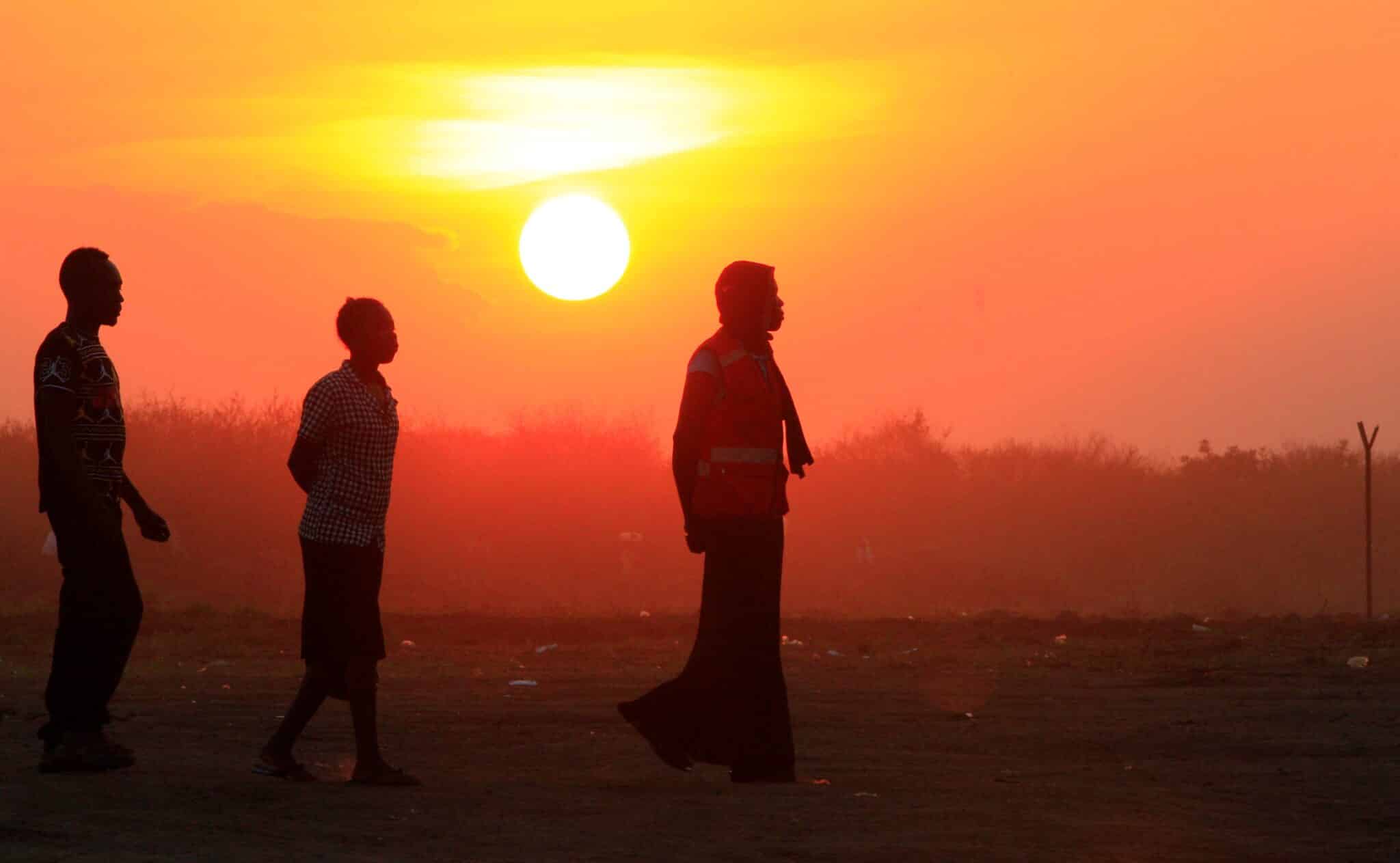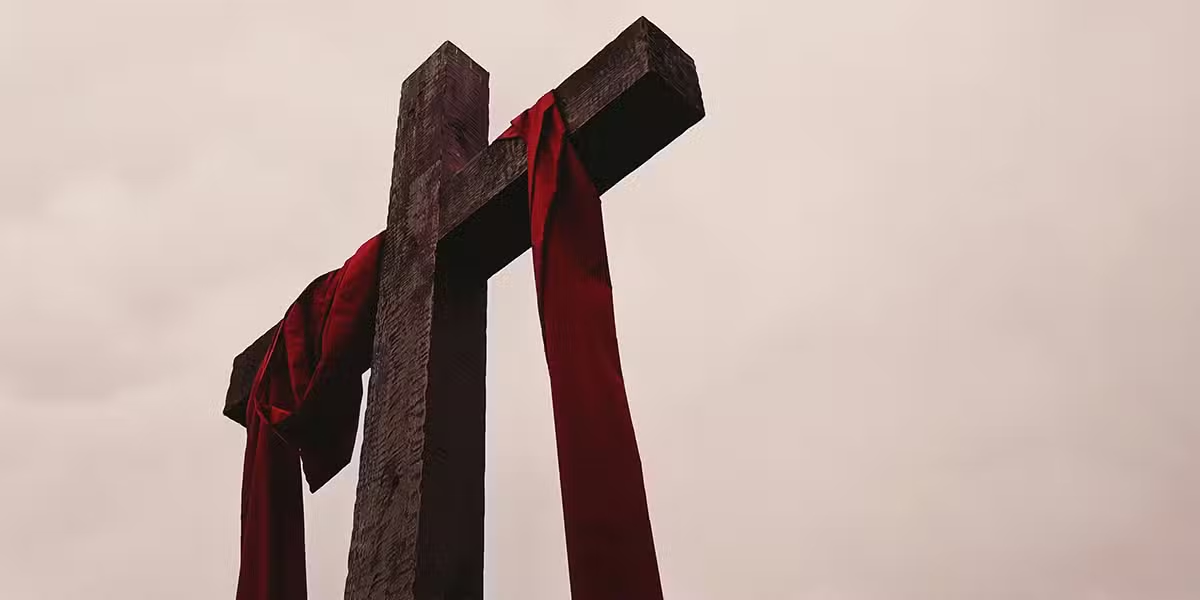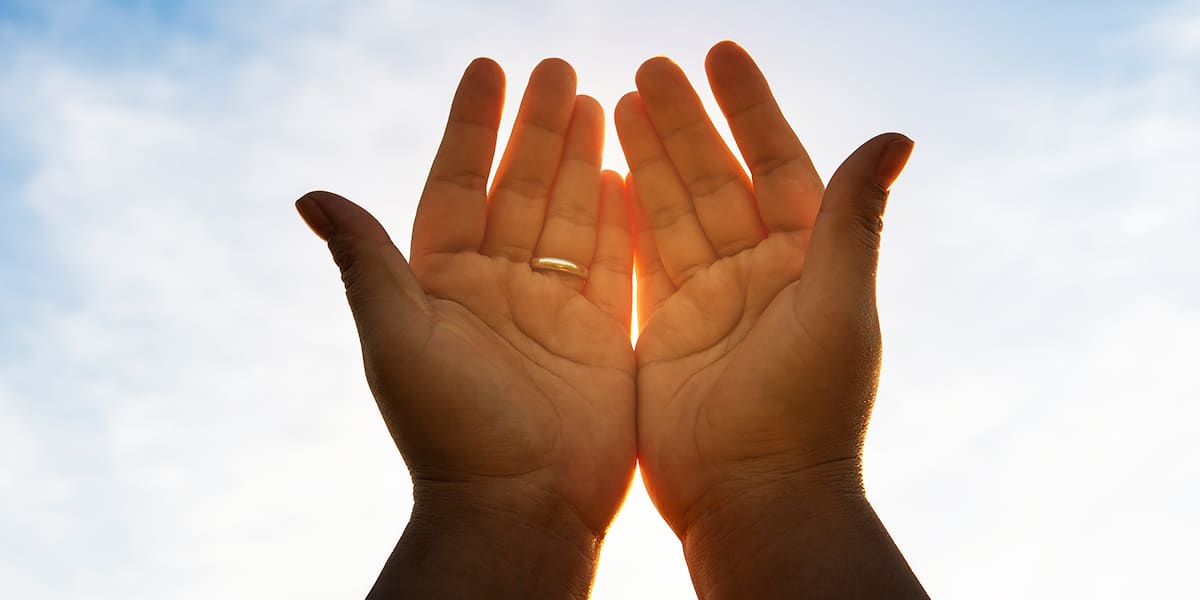KAMPALA, Uganda (OSV News) — Pope Francis is taking off for the African continent Jan. 31 for a historic and long-awaited apostolic trip to Congo and South Sudan, countries longing for peace and stability.
The pontiff will first travel to the Democratic Republic of the Congo (DRC) Jan. 31-Feb. 3 and from there, in what is called the Ecumenical Pilgrimage of Peace Feb 3-5, Pope Francis will visit South Sudan’s capital, Juba, in the presence of Anglican Archbishop Justin Welby of Canterbury and the Rev. Iain Greenshields, moderator of the General Assembly of the Church of Scotland.
Nyakim Chuol, a South Sudanese refugee living in Bidi Bidi Refugee Settlement in northern Uganda, hopes the planned visit by Pope Francis to the youngest country in the world will restore peace and allow her family to return to their country.
“We are incredibly excited that Pope Francis is finally coming to our country to bring peace and allow us to go back home,” the 45-year-old mother of three told OSV News by phone. “We have suffered for a very long time, and his coming means a lot to us because he is the only hope we have as people of South Sudan.”
Chuol entered the settlement camp, one of the biggest in the world and home to an estimated 270,000 refugees, in 2018 after fleeing the violence and insecurity from the equatorial regions of South Sudan, which borders Uganda and is home to Juba.
“On a fateful day, the government soldiers attacked our village and killed almost every man, including my husband,” she lamented, revealing that she had vowed never to return to her country until peace is restored.
“Hundreds of women were raped, and children kidnapped. I hid at a nearby bush for the whole night and trekked several kilometers to this camp to save the remaining members of my family from death,” she said.
The pope’s upcoming visit has renewed Chuol’s hope of returning home and rebuilding her life.
A visit to an Internally Displaced People camp in Juba is on the itinerary for Pope Francis who, alongside Archbishop Welby and Rev. Greenshields, is expected to interact with refugees and later take part in an ecumenical prayer service at the John Garang Mausoleum in Juba. On Feb. 5, Francis will celebrate Mass in the capital before returning to the Vatican.
“We strongly believe that he will leave this country at peace by bringing the warring parties together and help in resolving the problems facing us,” Chuol told OSV News.
The East African country, home to more than 11 million people, has experienced civil war since 2013, following a power struggle between President Salva Kiir and then Vice President Riek Machar.
The bloody conflict quickly took on an ethnic dimension putting soldiers and members of the Dinka and Nuer ethnic groups against each other. Kiir belongs to the Dinka, the largest ethnic group in South Sudan, while Machar belongs to the second-largest ethnic group in South Sudan, the Nuer.
In the past, the two ethnic groups had competed over grazing land and water for their cattle. When Kiir dismissed Machar as his vice president in December 2013, it acted as a catalyst for mass violence resulting in deaths and displacement of people. So far, according to various reports, over 400,000 people have died due to the civil war, and over 4 million have been internally displaced or fled the country.
In September 2018, Kiir and Machar signed a peace agreement. Still, both leaders have disagreed on its implementation, so the civil war continues to affect citizens in various parts of the country.
The 86-year-old pontiff is determined to see the country’s peace restored. In April 2019, during a spiritual retreat at the Vatican aimed at ending the violence in South Sudan, Pope Francis knelt and kissed the feet of Kiir and Machar, a gesture that made headlines across the globe.
The pontiff was expected to visit the country in July 2022 to actualize the peace process but postponed the trip for health reasons.
“It’s our time, and the people of South Sudan have a chance to be blessed by the Holy Father when he visits,” Bishop Emmanuel Bernardino Lowi Napeta of Torit told OSV News, calling the visit a “historical event.”
“Pope Francis will be coming to see and hear our sufferings and help end the conflict and suffering of the people of this country. We should pray for him and prepare for his coming because this will have a historical effect on the current peace process.”
Bishop Napeta, who was appointed last November to head the Diocese of Torit, located along South Sudan’s borders with Uganda and Kenya, urged residents to forgive themselves first and embrace each other regardless of their tribes before they could prepare to receive the blessings from Pope Francis.
“Let’s forgive each other as children of God and be strong in faith,” he urged, noting that he was among the bishops who will be attending Mass with the pope in Juba.
Archbishop Stephen Ameyu Martin Mulla of Juba said ahead of the trip that the security was well set for the pope’s visit, and millions of South Sudanese were waiting to hear his message of forgiveness, togetherness and reconciliation.
“We expect the pope’s message to reach out to people in the remotest parts of the country through media so that they are all blessed and able to act for the sake of peace,” he told OSV News.
“If all of us, including our leaders, embrace the Holy Father’s message of peace and reconciliation, our country will be peaceful forever,” he underlined.
Chuol told OSV News she wanted to warn political leaders in her country to either heed the pope’s message of peace or face the wrath of God.
“God will never forgive our leaders if they don’t agree to end the conflict so that we can go back home and enjoy our country,” she said. “They should at least have mercy on the refugees living in neighboring countries and children who have never gone to school for the last decade.”








1 thought on “‘He is the only hope we have,’ say refugees in South Sudan about pope’s visit”
Ok, so the two main tribal groups are fighting over water and grazing rights. I think that is a whole lot better than fighting over the natural resources their country has, such as whatever oil is under the ground, since that would involve so much wealth that the bickering would continue indefinitely. You see that in places like Myanmar, where the Buddhists are “afraid” that the Muslim minority, the Rohingyas, may claim the natural resources as their own and then break away from the country. Hence the ethnic cleansing that exists in that country. But in the South Sudan, you don’t have that religious or cultural gulf between the two groups, and so for that reason, they should be able to work things out from what little I know on the subject. It will all come down to having a strong legal system in place that everyone there can respect. That way, when the bigger issues, such as natural resources comes up, they can share equitably in such largesse without being at each other’s throats. Social harmony matters! Fighting is self-destructive and accomplishes little or nothing, especially since their differences are so minor!